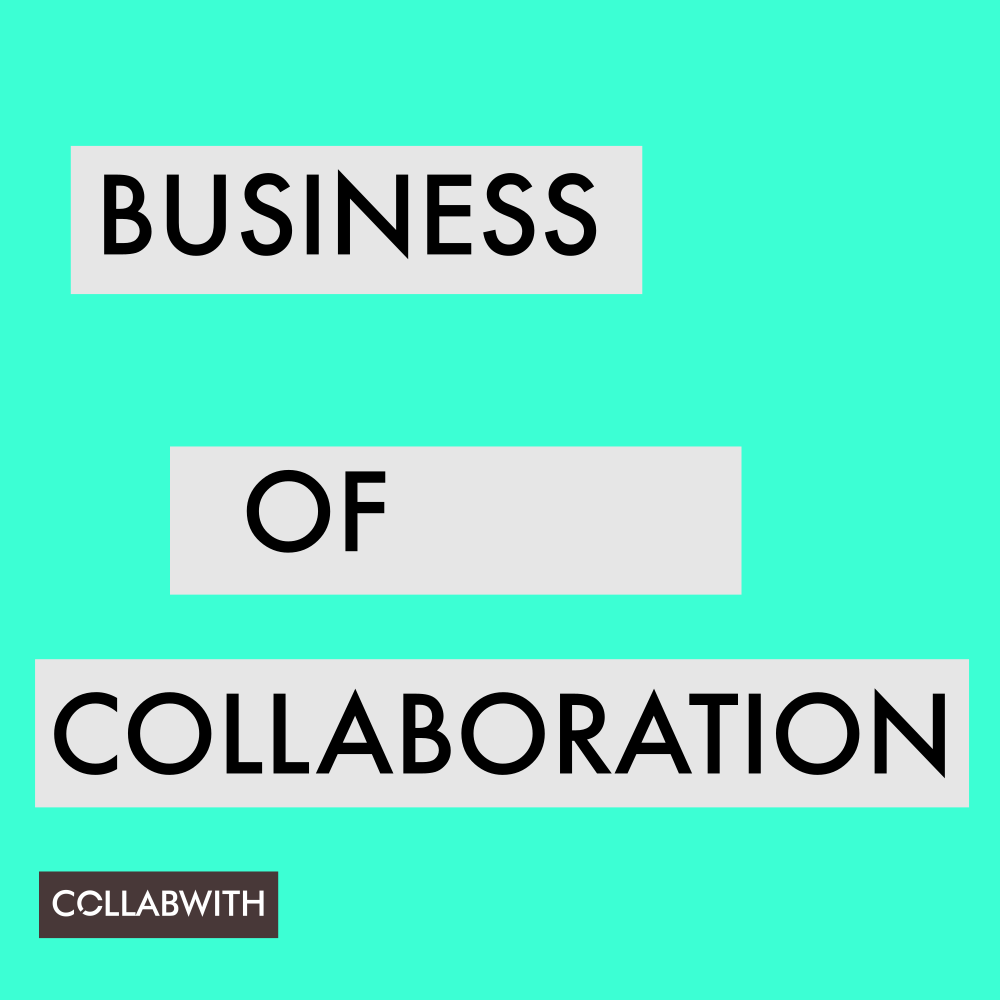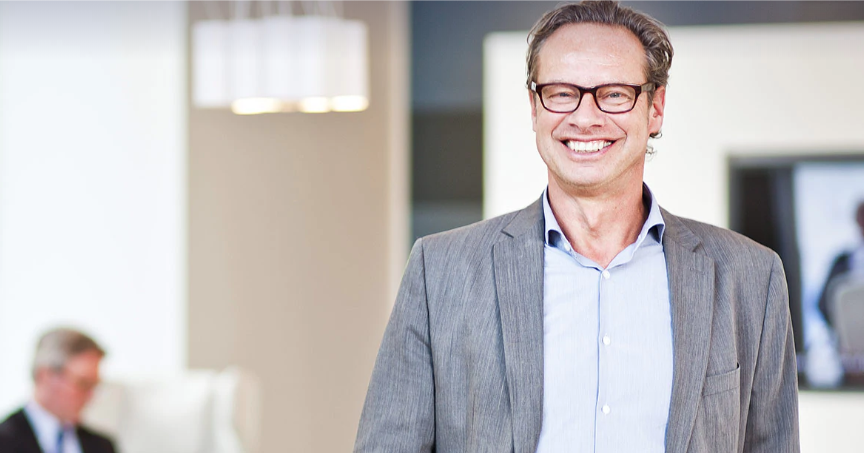For this episode, we had the pleasure to speak with Jeroen Tas, Chief Innovation and Strategy Officer at Royal Philips and Member of the Executive Committee at Royal Philips.
This Business of Collaboration podcast is all about the philosophy of technology in relation to innovation. Our main topics on this episode in innovation management surround the subject of AI in the healthcare industry including:
- What is the impact of AI in health care?
- Can we create a holistic view of patient health with only AI, or do we need to transform the business model?
- How can we change the innovation mindset from ‘technology-driven’ to ‘technology-when-needed’, to create a better health ecosystem?
“We have changed the way we do innovation… it is not only technology driven. It is how we bring things together, to create value, and create the best insights for curing diseases. There are a lot of factors that contribute, both holistically and personally, that drives our innovation.”
Jeroen Tas explained his vision for the future of health, and it’s all about purpose first, and AI second.
Do you want to learn more? Listen to our podcast with Jeroen Tas.





Podcast: Play in new window | Download
Subcribe to our podcast Business of Collaboration on Stitcher, iTunes, Android or via RSS
In this section, we want to highlight the main lessons learned from our podcast conversation and create a snapshot of these interesting conversations with bright minds by providing key points and themes.
“We are innovating in a different way; we should change the business model”
ABOUT ARTIFICIAL INTELLIGENCE
- It’s the first time we have a technology that can deal with complexity in the health industry.
- We can better understand the patient, we can have a better understanding of the disease, and a better approach to the patient experience, which now is quite fragmented. AI can bring the pieces together.
- Artificial Intelligence will create an holistic approach to medicine, looking at the problem by coordinating and combining all the insights to help doctors make decisions.
“What was hard to do previously is now possible with AI, including behavioral health, and the health industry is starting to recognize this.”
- We can see that there are relationships between what we eat, and what is going on in our body and our life. We can combine blood tests and put the results in a context.
- AI is helping to take a behavioral approach to healthcare, where we can make recommendations on the diets of patients, specific for their metabolic system.
- AI can optimize the system, the supply and demand of the healthcare industry. The base is the complexity of the human body, and we can use AI to predict how long, and how many resources can be applied and can be optimized. It’s all about the logistics of the healthcare system. Today everything is scheduled, and predictions can be used to allocate resources at the right time and place.
“A lot of the technology is already there, we don’t need to reinvent”
ABOUT INNOVATION
- We are innovating in a different way. We should provide a diagnostic tool, not sell machines.
- We want to pursue better health, and we are looking for technology to contribute to better health, not the other way around. AI technology is helping us create a holistic approach to health analysis.
- The focus is on the experience of the patient, and the experience of the specialist who has to deal with all the data to be able to make the diagnosis.
- It’s important to understand the system to know where we need assistance, where we have to have the right doctor at the right place and at the right time.
“We have changed the way we do innovation… it is not only technology driven. It is how we bring things together, to create value, and create the best insights for curing diseases. There are a lot of factors that contribute, both holistically and personally, that drives our innovation.”
- What if the doctor can see if there is an issue with a patient, and call them to request a blood test without going to the hospital? There is no need to go to the hospital every time.
- A lot of the technology is there, the difficult part is the way we pay for healthcare. The system is still organized with an appointment with a doctor, and paying for medication. We need to start the change here, to drive better outcomes, and change how we work, redefine hospitals, redefine health insurance and redefine payments.
- People need to change how they go to the doctor and insurance companies need to change how to pay practitioners.
“We need a change management strategy, and the systems in IT are mature enough to run this data, encrypted, and accessible in a secure way”
Jeroen Tas
Chief Innovation and Strategy Officer at Royal Philips
Member of the Executive Committee at Royal Philips
Follow him on twitter @JeroenTas & @PhilipsHealth & @Philips and follow us on twitter @jara_collabwith & instagram @knowcocommunity


